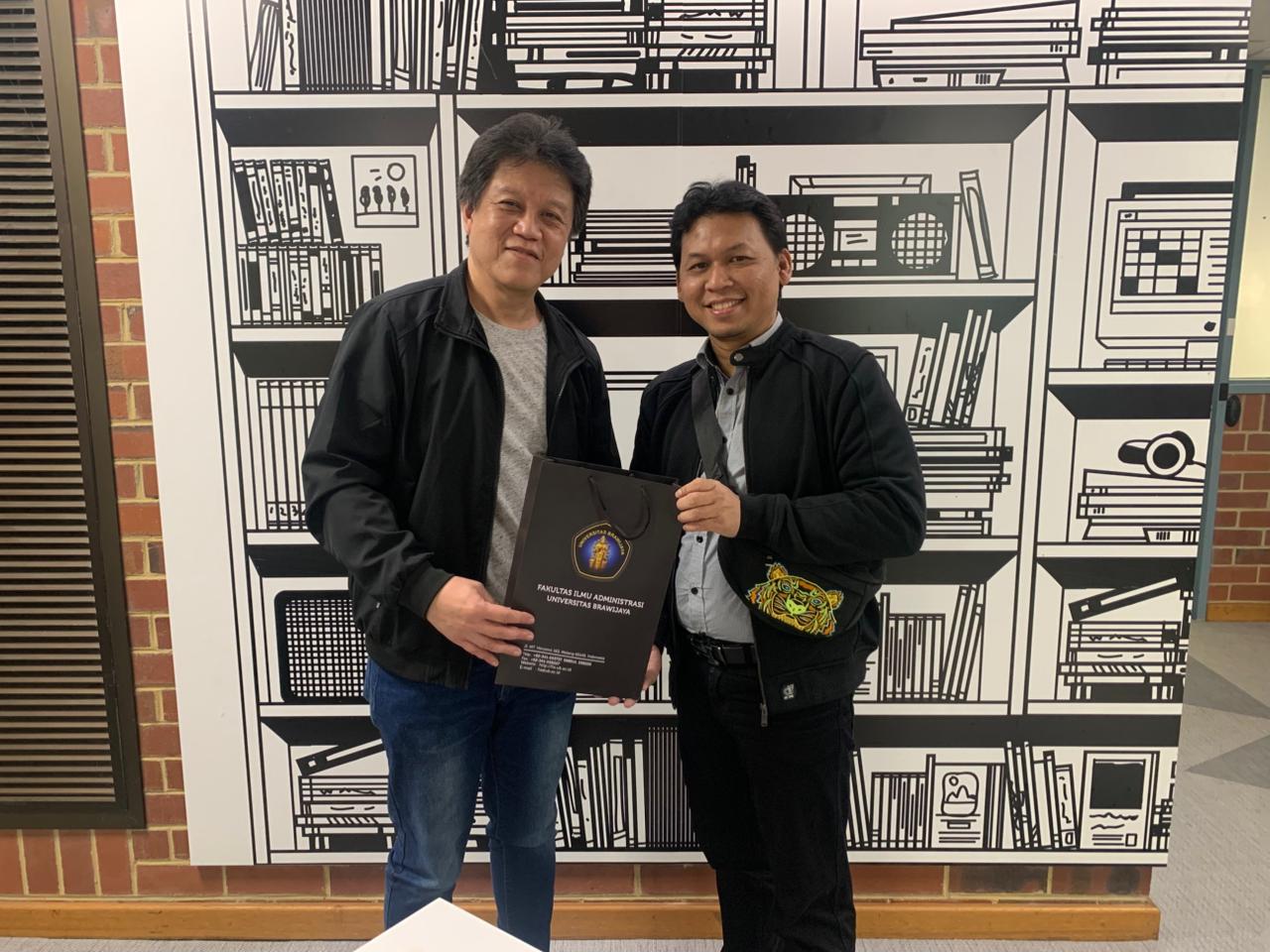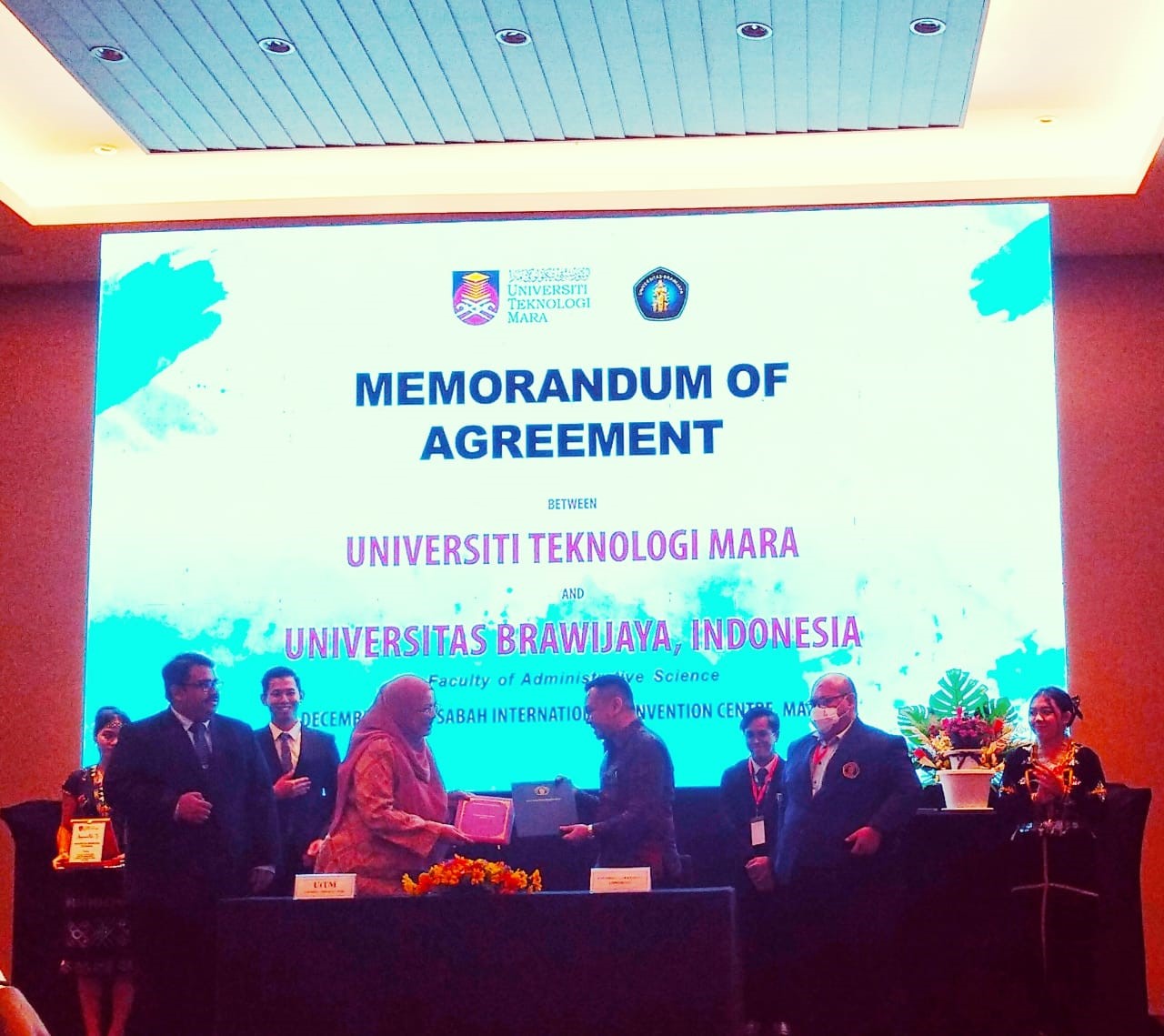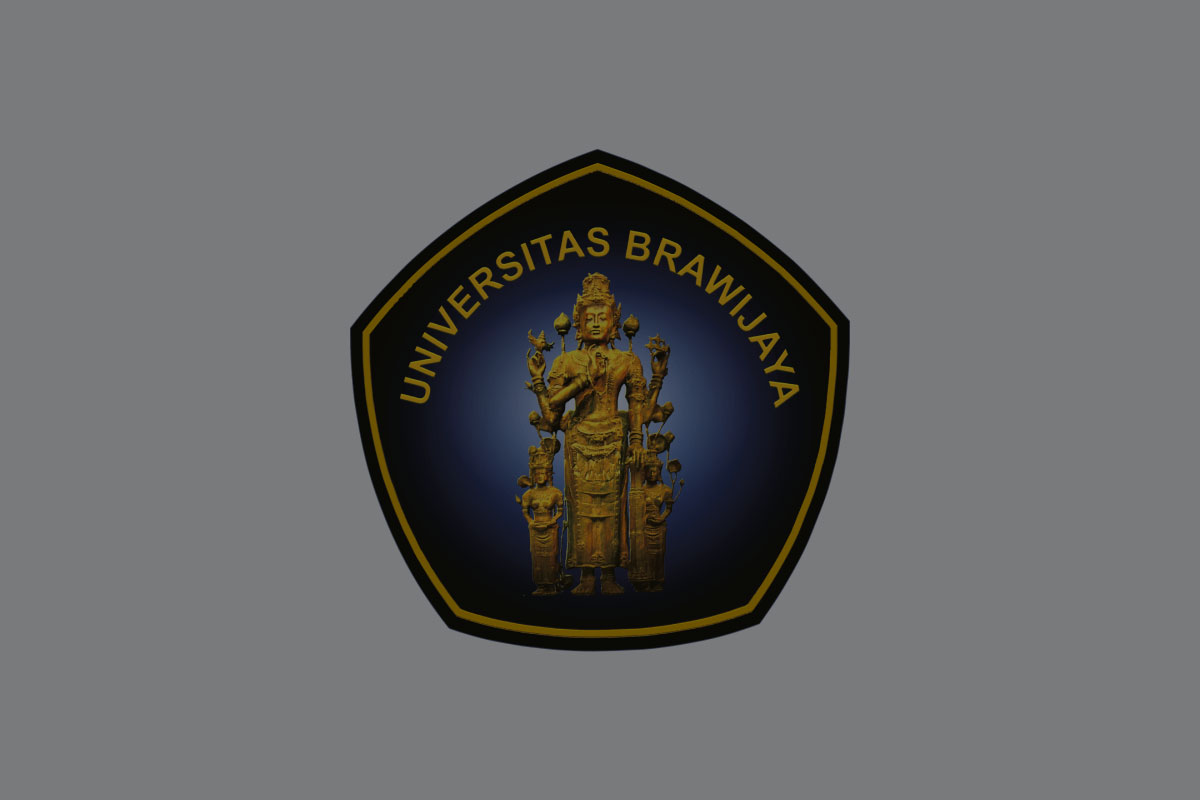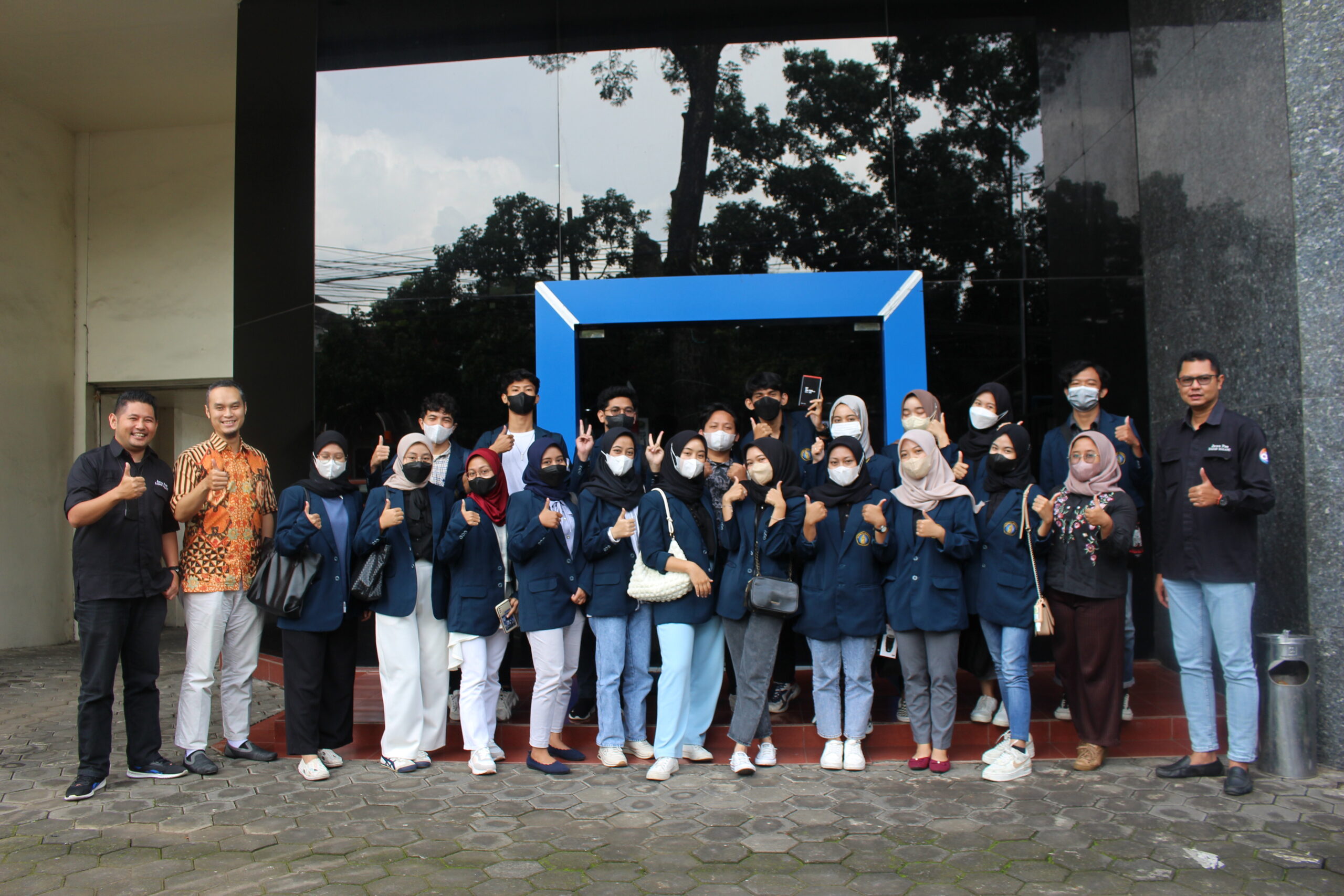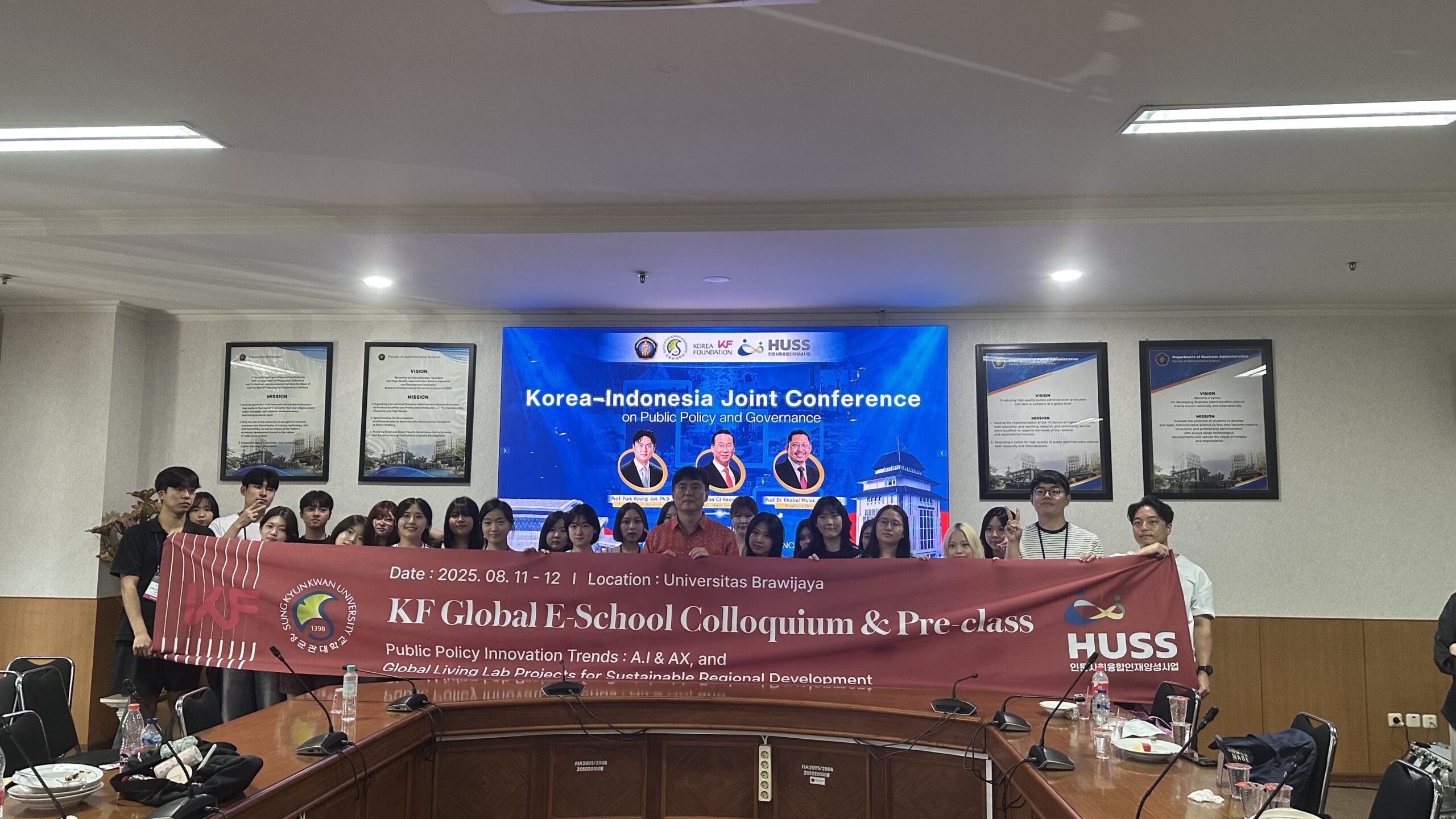So far, the village has been assumed to be an area that tends to be left behind and difficult to develop for the welfare of its inhabitants. The question is, is this assumption about the village correct? What is the history of village development in the past? These questions were answered in the Workshop "Prospects of Village Administration in a Modern Indonesian Government System". Acting as the main speaker is Dr. Hanif Nurkholis, M.Sc, village administration expert from the Jakarta Open University.
Dr. Hanif Nurkholis said that when he finished his Master's degree at the University of Indonesia, one of his mentors challenged him to find out what direction the nation's founding fathers hoped for village development. After studying various existing literature, Hanif found that Muhammad Yamin and Soepomo wanted the village to develop into a modern one. "So you need to synchronize these historical facts with the theories of sociologists and anthropologists who want the village to be conserved," he said.
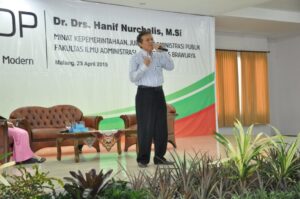
Apart from that, Hanif also told that in ancient times villages were formed from a group of people who lived in an area who then formed their own government. However, the local king who knows usually immediately asks for tribute from the village formed. This tradition, continued Hanif, continued into the VOC era and the British occupation led by Raffles. At that time, Raffles ordered the collection of taxes on residents' land to be carried out by the village head, which later became the forerunner of the Land and Building Tax.
However, continued Hanif, at that time many village heads refused to obey Raffles' orders because of their loyalty to the residents. In the end, Raffles fired the disobedient village heads and held a contest for those who wanted to become village heads and had to obey the rules. After being announced to the residents, more than one candidate emerged. Thus, a village head election was held which became the forerunner to the village head election (Pilkades) today.
This workshop was organized by Interest in Governance, Public Administration Department of FIA UB. The event was attended by 300 participants consisting of students and lecturers. (ALA/FIA)


